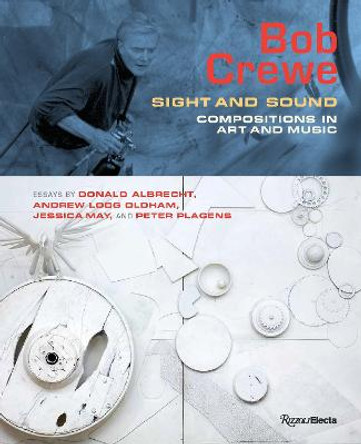Description
About the Author
Emily Zazulia is Assistant Professor at the University of California, Berkeley, where she holds the Shirley Shenker Chair in the Arts and Humanities. She has published widely on medieval and Renaissance music, particularly concerning the intersection of complex notation, musical style, and intellectual history. Her research has received support from the National Endowment for the Humanities, the American Council of Learned Societies, the American Musicological Society, the Renaissance Society of America, and the Hellman Foundation.
Reviews
One of the great strengths of this book is the way in which it contextualizes these individual pieces-which are often thought of as isolated notational curiosities-in a coherent history extending from the 13th to the 16th century. * Helen Deeming, Early Music *
This is an outstanding book on the development, aesthetics, and historical context of medieval musical notation.... Essential. * CHOICE *
A fascinating examination of the notation of polyphonic works, showing how seemingly recondite formulas serve musical purposes. * Alex Ross *
With the invention of the ars nova notational system in the early fourteenth century, composers could explore a vast array of previously unavailable rhythmic possibilities. Zazulia's groundbreaking book gives the first detailed account of how this played out in musical practice for the next two hundred years, coming up with new ideas and observations on virtually every page. A major achievement in the history of early music! * Anna Maria Busse Berger, Distinguished Professor of Music, University of California - Davis *
A masterful exploration of how late-medieval music notation works and why it matters. Bridging periods too often kept apart and illuminating repertoire both famous and little-known, Zazulia takes us inside a musical world in which writing could carry as much aesthetic weight as sound. Don't miss this terrific book. * Jesse Rodin, Associate Professor of Music, Stanford University; Director, Cut Circle; Director, Josquin Research Project *
This book is a must-read for early-music specialists and a worthwhile investment for any student of music history. * William Watson, Early Music America *
Emily Zazulia's inaugural monograph offers a detailed account of late medieval music notation....Zazulia provides a convincing case that music notation and its associated transformational impulse were some of the most novel technologies of fifteenth century musical creativity. * Jason Stoessel, Speculum 99/1 *
Book Information
ISBN 9780197551912
Author Emily Zazulia
Format Hardback
Page Count 340
Imprint Oxford University Press Inc
Publisher Oxford University Press Inc
Weight(grams) 1g
Dimensions(mm) 164mm * 239mm * 21mm





